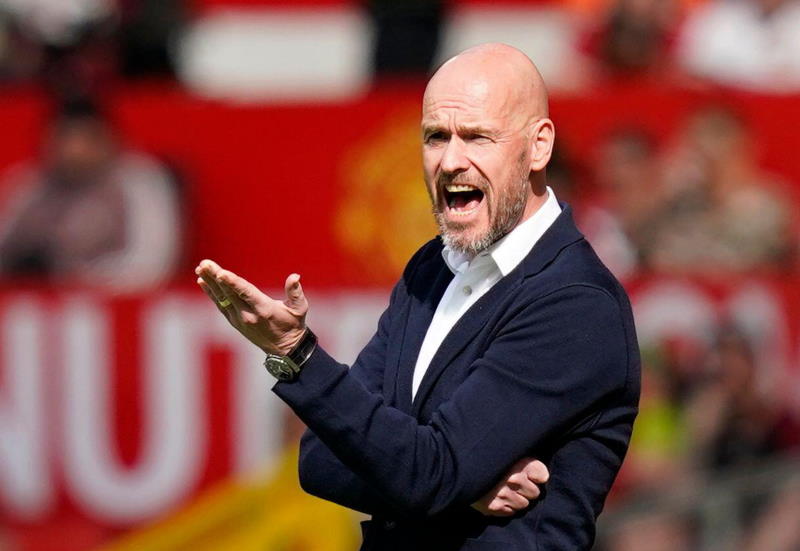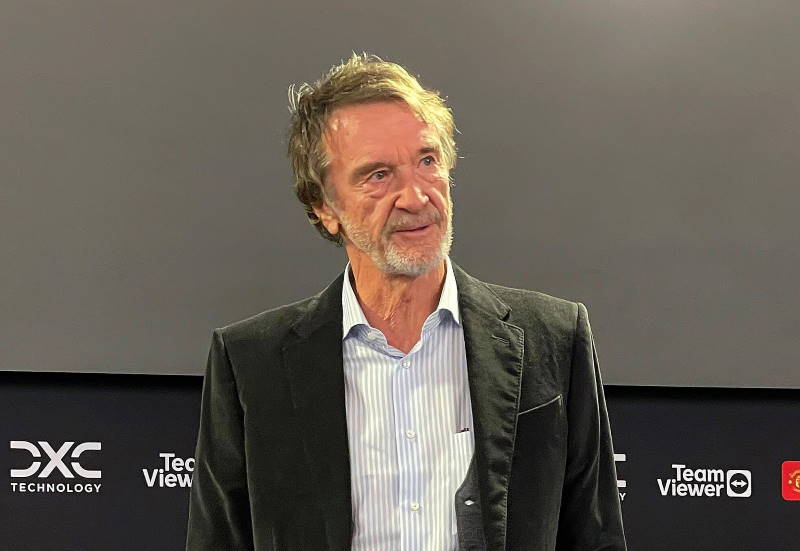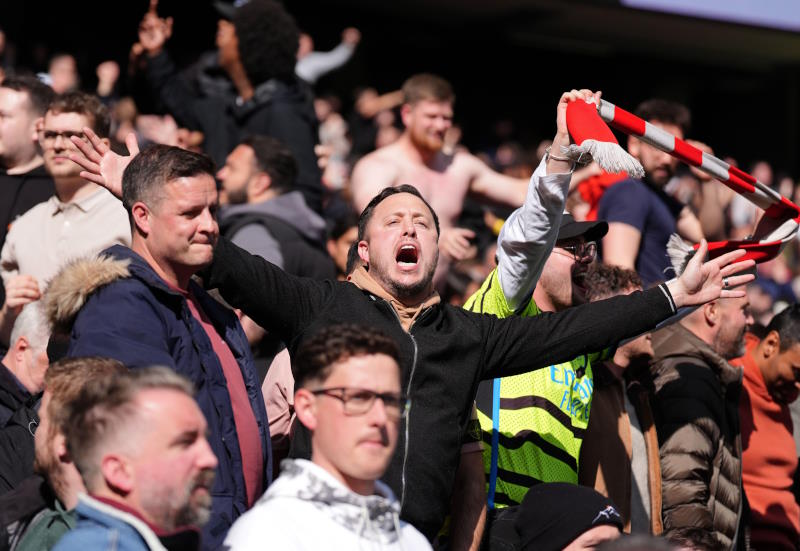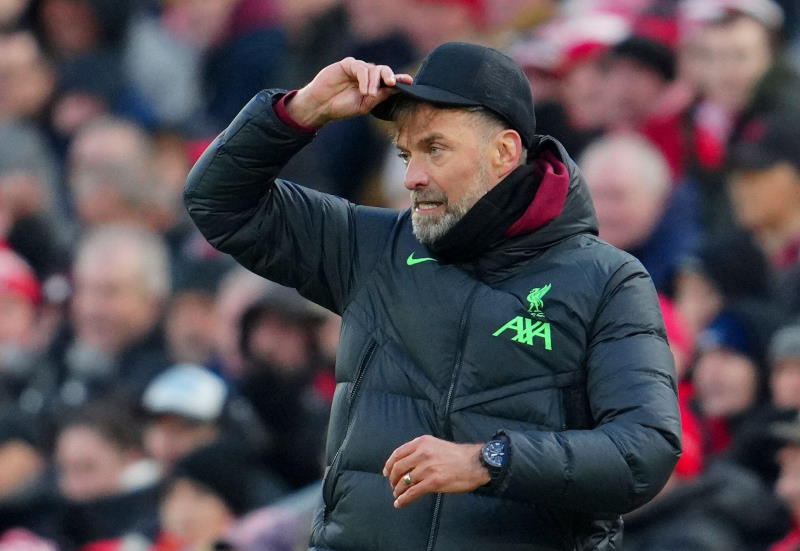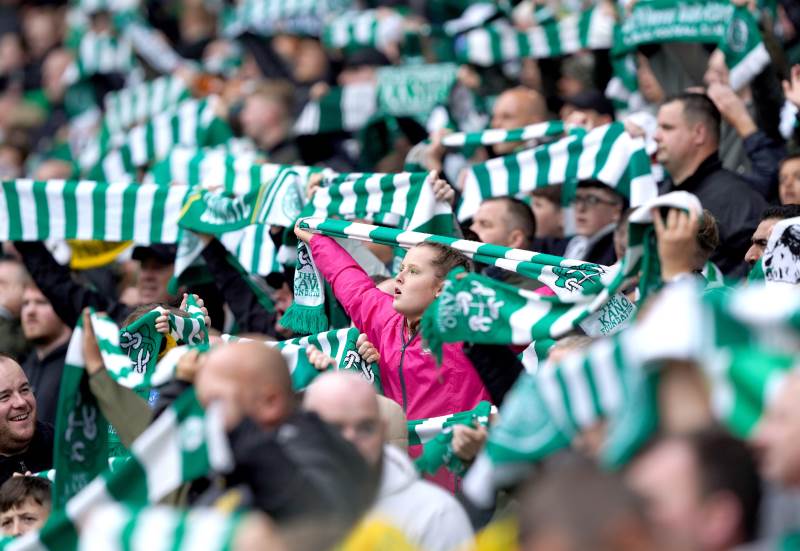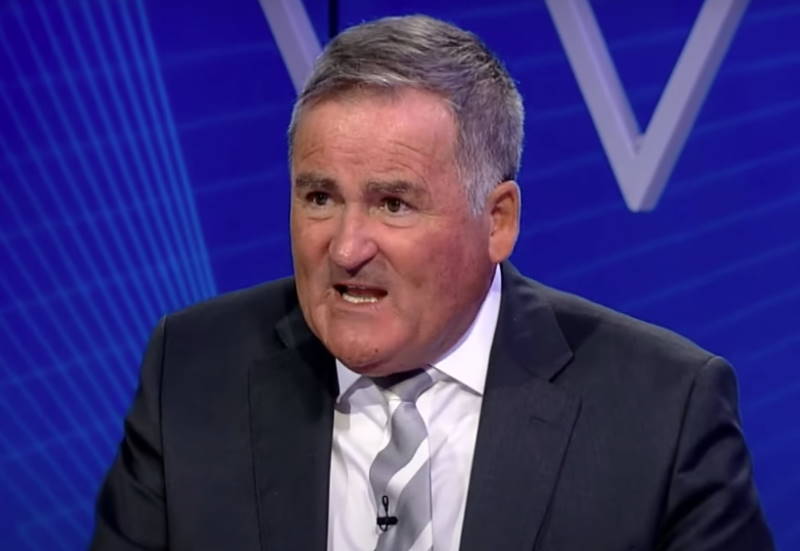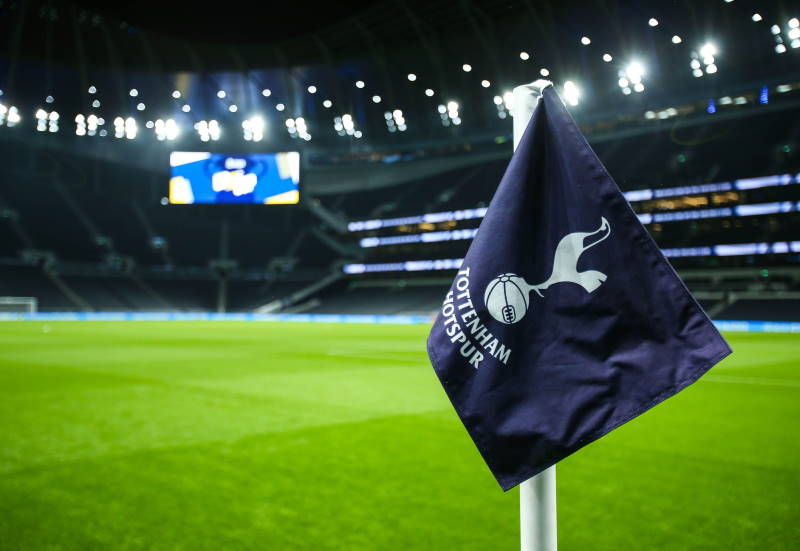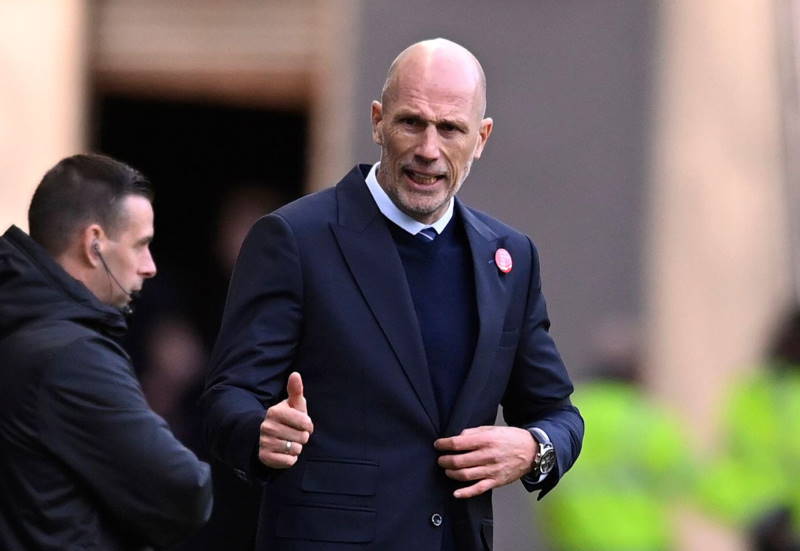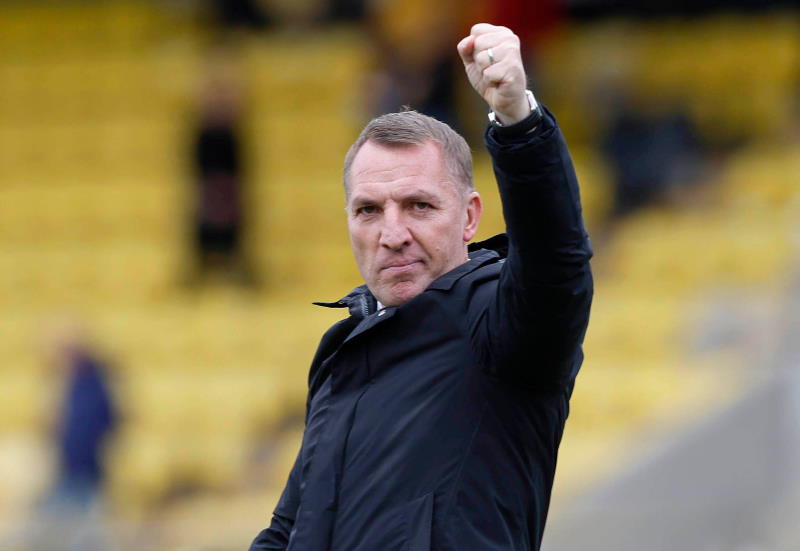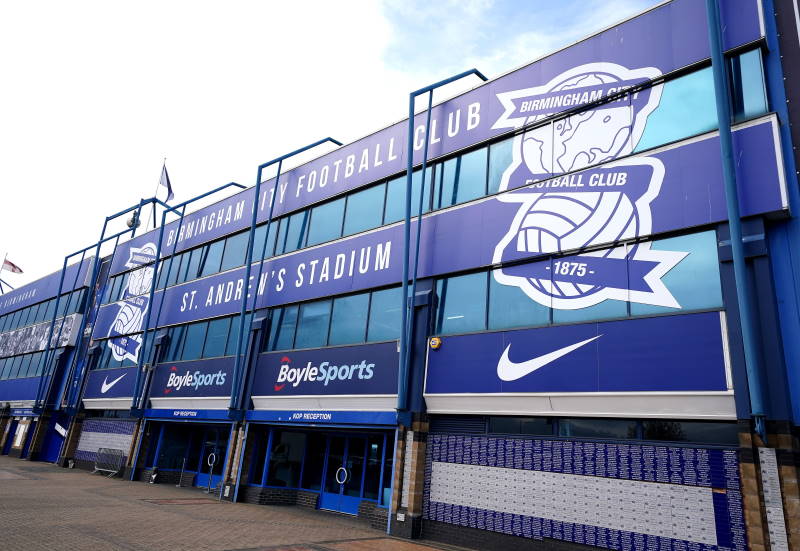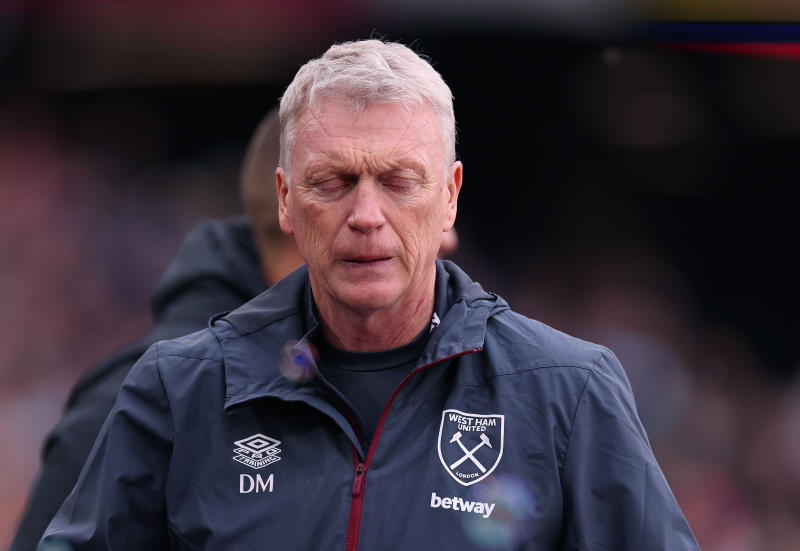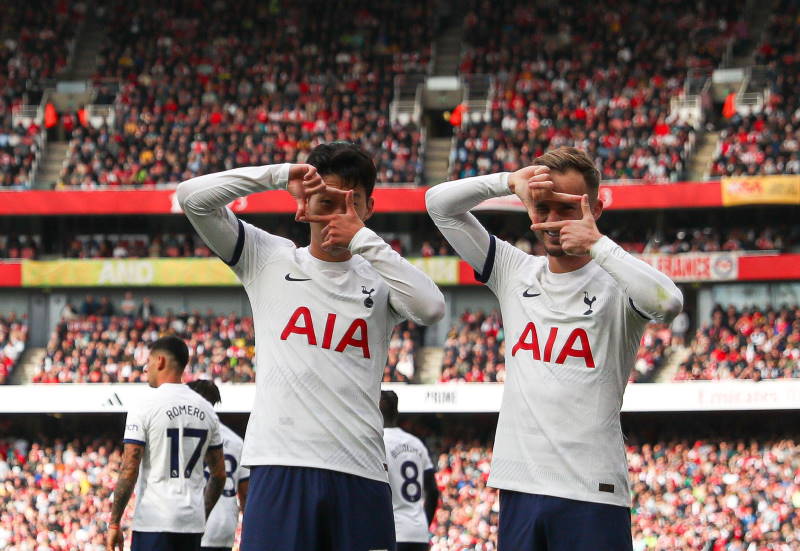
Manuel Pellegrini has confirmed he has a verbal agreement to take over as Manchester City manager. It is deal that has been in the making ever since the club’s director of football, Txiki Begiristain, met with his agent back in late April. But Pellegrini’s desire to bring his season and tenure at Malaga to a close before discussing details of his new employment had, until now, delayed his presentation as the successor to Roberto Mancini.
Mancini led the Citizens to their first league title in 44 years and enjoyed the support of the majority of the club’s fans, but his abrasive style precipitated internal tensions that eventually came to a head at the backend of a season in which he failed to deliver silverware – falling at the first hurdle in Europe, finishing well short of Manchester United in the Premier League and losing the FA Cup final to Wigan.
There could hardly be a greater contrast between the two managers as regards demeanour, with Pellegrini’s calm and well-mannered style likely to be welcomed by a squad used to dealing with the strict demands of their former boss. While Mancini ruled with an iron fist, Pellegrini commands the respect of his players through the clarity of his instructions. He has a clear vision of how he wants his teams to play and his confidence and conviction are transferred to his players.
The Chilean has exhibited a clear preference for the 4-2-2-2 formation in his career to date, but has also shown a degree of pragmatism. He used a 4-3-1-2 in his early days at Villarreal to bring the best out of the singular talent of Juan Roman Riquelme and has employed a number of formations at Malaga this season as the sudden withdrawal of funding from the club’s Qatari owners has required him to be more flexible when injuries and suspensions have prevented him from picking his preferred line-up.
Regardless of formation, there are certain traits that all of Pellegrini’s sides demonstrate. His teams play neat, passing football and he requires them to impose their style onto the opposition, controlling possession and the flow of the match. “To play in a way that responds to the characteristics of the opponent, but with confidence in your own football”, he explained in 2009.
Pellegrini doesn’t like players in fixed wide positions, preferring to utilise width on a situational basis. At Villarreal, his strikers often drifted into wide areas to create triangles with an attacking full-back and one of the attacking midfielders. "When playing without fixed wide players, specific positions on the wings become the responsibility of an attacker, a midfielder or a wing-back”, Pellegrini stressed.
The Chilean prefers neat, technical strikers who are comfortable dropping off the front to link with midfield and moving into the channels – players like Javier Saviola, Giuseppe Rossi and Nihat Kahveci. Sergio Aguero is the sort of striker likely to thrive under his command, as, if he stays, would Carlos Tevez. Pellegrini does, however, like to have the option of a target man in his squad (Guillermo Franco, Roque Santa Cruz) and so Edin Dzeko can be expected to resume his super-sub role if he is content to stay at the Etihad Stadium.
His teams also generally hold quite a deep defensive line, with Pellegrini displaying a preference for strong, solid central defenders: at Villarreal, Diego Godin and Gonzalo Rodriguez; at Malaga, Martin Demichelis and Weligton. Vincent Kompany and Matija Nastasic could easily recreate the former partnership, with Kompany, like Rodriguez, stronger and more aggressive, and Nastasic, like Godin, comfortable bringing the ball forward and passing crisply and accurately into midfield.
Pellegrini has been strongly linked with a move for Isco, who blossomed into a superb player during his reign at Malaga, but even if that transfer does not materialise there will be one familiar face awaiting him in Manchester. Pablo Zabaleta began his career under Pellegrini’s command at San Lorenzo and as a fluent English speaker could well act as a useful mediator between the coach and the rest of the squad. Pellegrini speaks good English himself, but will be grateful to have another person capable of speaking both languages to assist with the coherent transmission of his instructions.
On paper, Pellegrini looks an excellent fit for the current Manchester City squad. He is one of the few South American coaches without prior experience of playing on the continent to succeed in Europe, and given time to shape the squad to his liking and get his ideas across would appear to have all the attributes necessary to make a success of the role. City chief executive Ferran Soriano has set him the tough task of allying short-term success with long-term stability, but if anyone is capable of building and maintaining a coherently structured team surely it is the man known as “The Engineer”.
Like to bet on football? Pay Inside Bet a visit!

